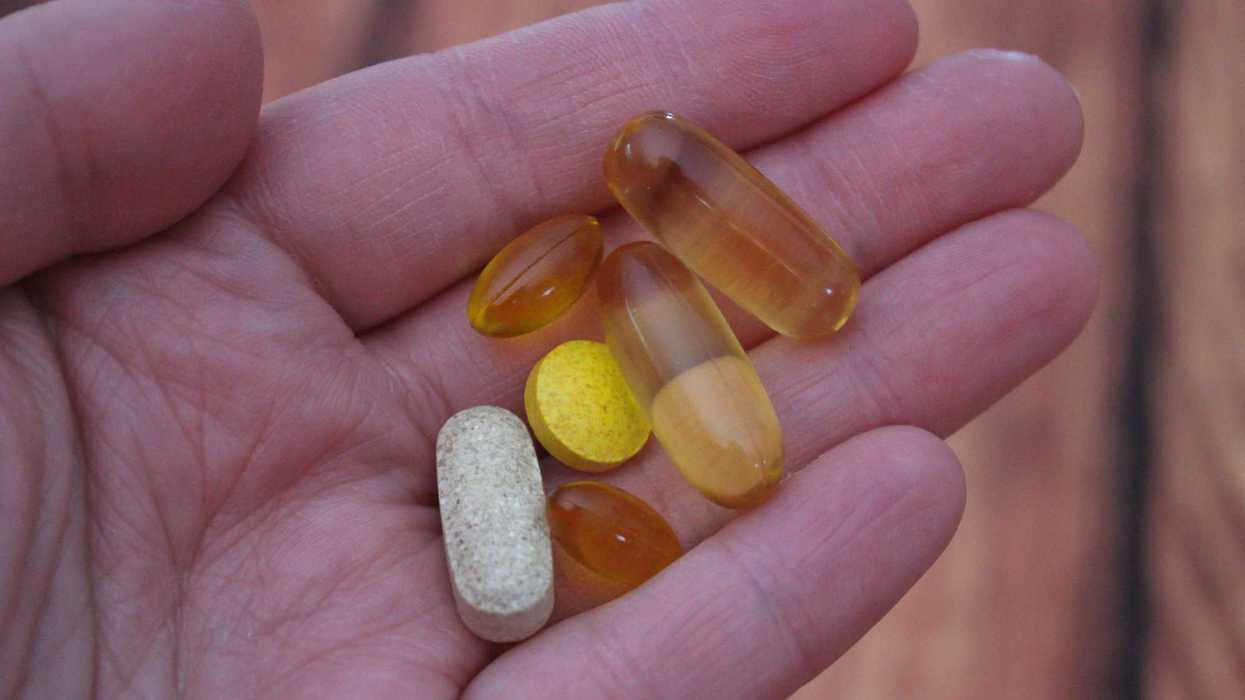Current methods for assessing hazardous chemicals fail to account for serious health threats - including IQ loss - posed by exposure to mixtures of different chemicals, according to a study published in the International Journal of Hygiene and Environmental Health.
In short:
- The chemical mixture examined in this study consisted of chemicals toxic to the neurological system that are all frequently detected in European populations at unsafe levels.
- Exposure to the chemical mixture was linked to IQ loss, with lead and PCBs yielding the highest risk.
- Diet is a major avenue for exposure to this mixture of chemicals, with dairy, fish, seafood and grains contributing most to exposure.
Key quote:
“All included populations exceeded the acceptable level of combined [chemical] exposure.”
Why this matters:
Individuals around the globe are constantly exposed to a wide variety of chemicals through interactions with the environment, consumer products, and even their food and water supply. Very few of these chemicals are regulated, and until recently, health risks were only considered on a chemical-by-chemical basis, ignoring the potential for cumulative effects. While regulatory bodies have started to acknowledge exposure to chemical mixtures, their approach to regulating those exposures is still too limited to account for the full scope of potential harm to human health.
Related EHN coverage:
More resources:

















